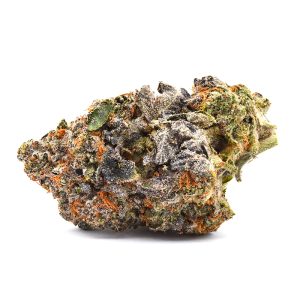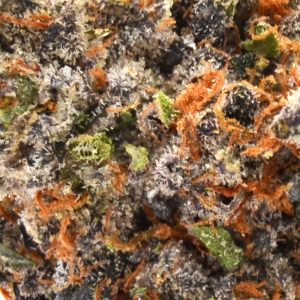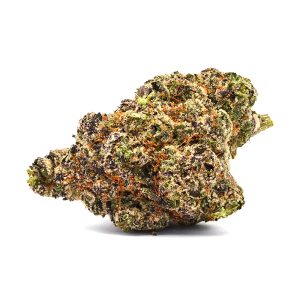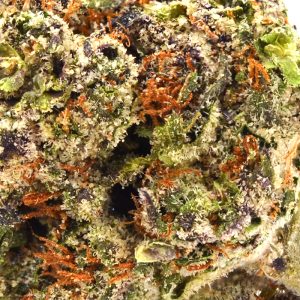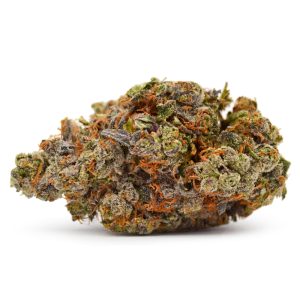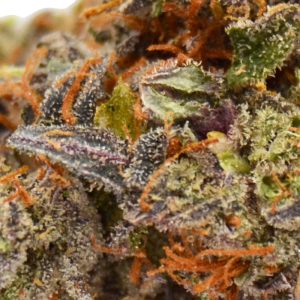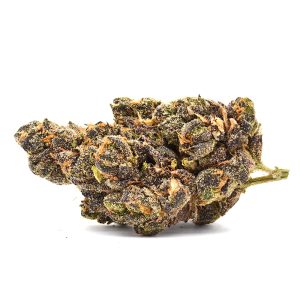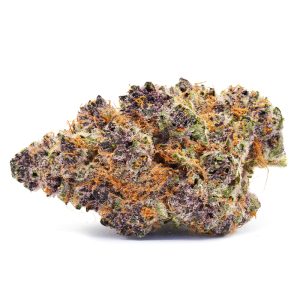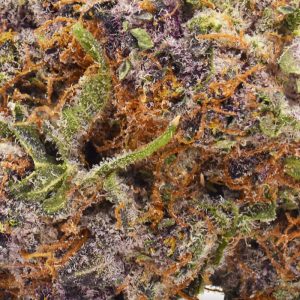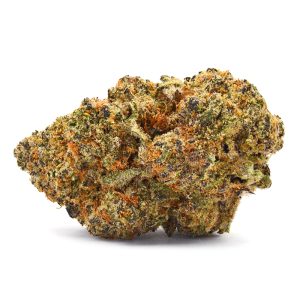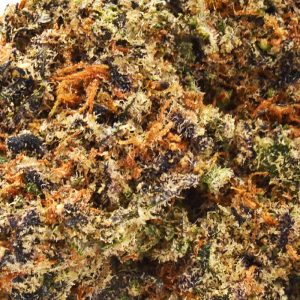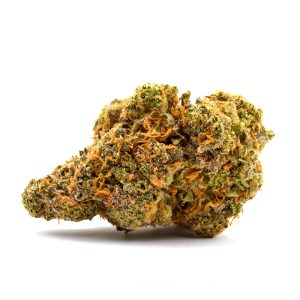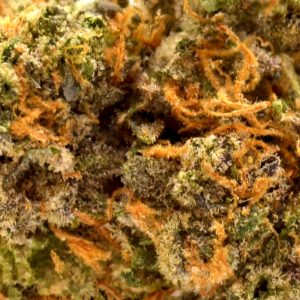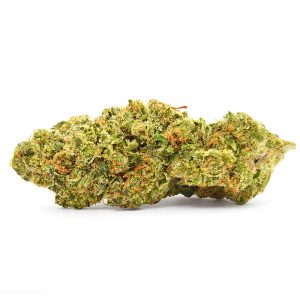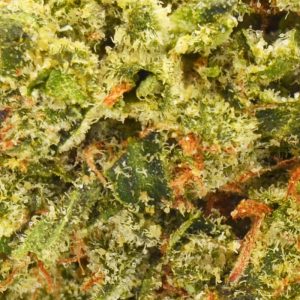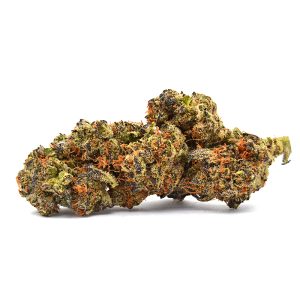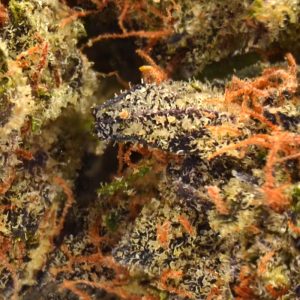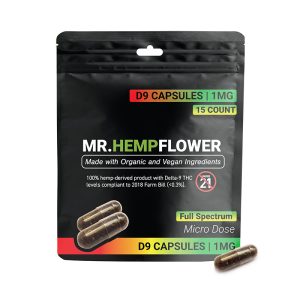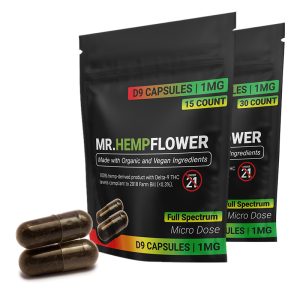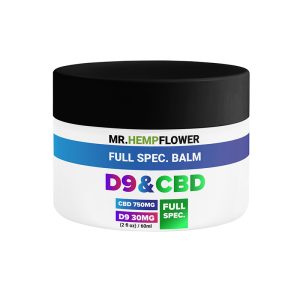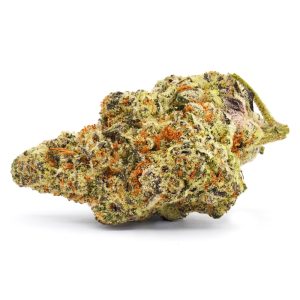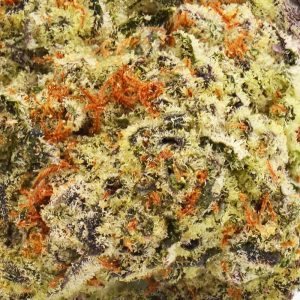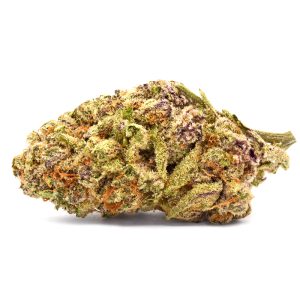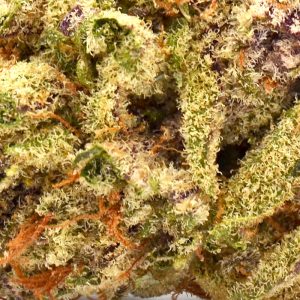THCa Drug Test: Will You Fail?
We all know THC will show up on a drug test. But what about THCa? If you’ve consumed THCa hemp flower, you’re probably wondering if you’ll fail a THCa drug test.
This article explains everything you need to know about a THCa drug test and answers your most pressing questions on this topic, including detection time and factors that contribute to receiving a positive result.
Will THCa Test Positive On A Drug Test?
Yes, THCa will show up on a drug test.
When exposed to heat (smoking, vaping, baking), THCa converts to delta 9 THC. This process is known as decarboxylation because THCa, the inactive acid form of THC, loses a carboxylic ring off its structure.
So when you smoke high THCa hemp flower, you’re exposing the THCa to heat. As a result, the THCa transforms to delta 9 THC within seconds.
And while some people hope they won’t trigger a positive result with THCa because it’s the raw form of THC, the opposite is true.
You will get a positive test after consuming THCa because you’re basically consuming delta 9 THC. THCa is abundant in fresh, undried cannabis and gets progressively decarboxylated during the process of drying the bud or when exposed to direct heat.
So Drug Tests Detect THCa?
Yes, drug tests detect THCa because they’re technically testing for THC.
To be more precise, a drug test looks for THC’s inactive metabolite THC-COOH.
When you heat THCa, it instantly turns into THC, enters your system, and gets metabolized into 11-OH-THC by the liver. The 11-OH-THC metabolite is the reason users get high because it’s the active cannabis metabolite that mimics THC’s effects in the body and exhibits similar effects on the brain.
Further down the metabolite route, the liver turns 11-OH-THC into the inactive THC metabolite, THC-COOH — the one detected by drug tests. This metabolite accumulates in body fat and is excreted through urine [1]
This is the standard metabolic route for THCa that’s been decarboxylated when exposed to direct heat like smoking or vaping.
But not all of the THCa gets converted.
Research shows that THCa is detectable in urine and blood serum samples gathered by the police from cannabis consumers suspected of driving under the influence. This cannabinoid was found in urine and blood serum samples at 5% compared to THC at 18.6% [2].
THCa has an almost identical molecular structure to THC. The only difference is the extra carboxyl group it carries, which makes THCa the acidic precursor to THC and a biologically inactive compound.
Both THC and THCa are metabolized similarly by the liver — producing 11-OH-THC and 11-OH-THCA. As such, THCa’s metabolites are very similar to THC’s metabolites that a urine test is designed to detect [3].
So this means that you will likely get a positive result on a drug test even if THCa isn’t fully decarboxylated when heated.
How Long Does THCa Stay In Your System?
THCa is metabolized in the body similarly to THC. So we can expect that the amount of time this cannabinoid stays in the system is similar to the amount of time THC-COOH or THC’s metabolite does.
When exposed to heat, THCa converts to delta 9 THC, the active cannabinoid with intoxicating properties. Smoked or vaped delta 9 THC is absorbed quickly in the lungs and is detectable in the blood seconds after inhalation.
Here are the factors that influence the THC detection window:
Test sensitivity
Less sensitive screenings detect THC metabolites for a week or two after the last use. If the test is more sensitive, it can detect trace concentrations of compounds for up to two months.
The typical cut-off level of a standard urine drug test is 50 ng/ml.
And if the sample is positive, the user is asked whether or not they use legally prescribed THC like dronabinol. In people who test positive but don’t use THC legally, the sample is sent for GC/MS analysis — a much more sensitive test performed at a lower cut-off.
Therefore, if you need to undergo screening, it’s best to avoid consuming THCa products because they will likely produce a positive result.
THC Dose and Frequency of use
You can expect THC-COOH to be found in the body if you’ve used THC more frequently (more than twice a week) and in a higher dose.
- In one-time users who have smoked a single cigarette, THCa metabolites can be detected in urine for about three days [4].
- The detection window increases in moderate users who smoke three to four times a week to 5-7 days.
- In chronic daily users who smoke once a day or more, THC can be detectable in urine for 30 days and over [4].
Biological sex & body fat
Females have a higher body fat percentage than males.
The body‘s fat cells store THC metabolites, and because females have more body fat, they may metabolize THC more slowly.
Metabolism
When the person using THCa frequently receives a negative result, it means the body has eliminated THC’s metabolites from the system — or has lowered their concentration to below threshold level.
So the elimination will be faster in people with a faster metabolism than in people with a slower metabolism.
Hydration
We need more evidence on the impact of hydration on THC metabolism. But, anecdotal evidence shows that dehydration may increase the THC concentration in the urine.
Testing in the morning and at night may produce different results. Morning urine is more concentrated than evening urine because the person hasn’t been hydrating during sleep. So even if the amount of THC in the body is the same, they may show different results when tested in the morning compared to at night.
Exercise
Exercising right before the test may significantly influence how the body metabolizes THC. THC is stored in fat cells, so exercise may cause the fat cells to release this cannabinoid.
A small study tested this premise on 14 regular cannabis users. It revealed that 35 minutes on a stationary bike caused significantly increased THC concentrations in all subjects — with a notable increase in THC levels in people with higher BMI [5].
There is limited research on how THCa (consumed raw and unheated) is metabolized in the body. But, due to their similarities, we can assume it stays in our systems for the same amount of time as THC [6].
Different Drug Tests That May Pick Up THCa
Here’s a list of different types of tests and potential detection times for a THCa drug test:
Urine Test
If you’ve ever been tested for cannabis use, it’s been with a urine test. Urine tests are used about 90% of the time for probation and employment. These tests detect THC-COOH or THC’s metabolite.
Typically urine tests can detect THC’s metabolites in urine 3-30 days after the last use. This means that THC’s metabolite can be detected in urine 3 to 4 days after use.
Saliva test
Saliva tests are typically used by law enforcement at traffic stops or arrests because they show whether a person has consumed THC in the last 10 hours. Saliva tests detect cannabis use up to 24 hours (or 72 hours) after last use.
Hair test
Arguably the most impractical type of drug testing is the hair test — expensive, potentially unreliable, and with long turnaround time.
A major advantage of this test is that it’s the most sensitive out of all — but can occasionally show a false positive. Theoretically, if you come in contact with a THC user, you could test positive on a hair test because these tests test the oil found in skin that transfers to the hair [7].
Blood test
The main goal of blood tests is to determine whether or not a user is intoxicated. A blood test doesn’t look for THC’s metabolites but tests directly for THC and THCa and can detect them for 3 to 4 hours after use. Following this timeframe, the THC turns into THC-COOH.
According to research, THC-COOH is detectable in saliva for 2 days, in hair for 90 days, and in urine for 3 to 4 days [8].
Have You Tried THCa Hemp Flower Yet?
To get the most enjoyable experience, it’s important to know you are consuming high-quality THCa flower that’s legal and contains a high percentage of THCa.
We offer premium THCa hemp flower with varying levels of THCa. Our Pineapple OG THCa flower contains over 24% total THC. This sativa-dominant hybrid is one of our strongest strains around and offers a sweet, spicy pineapple flavor.
If you are looking for something less potent, consider our Ice Cream Cake THCa Hemp Flower with 19% THCa. This outdoor greenhouse breed is sativa-dominant and makes a fantastic daytime smoke.
We have been in the hemp game since 2016, offering premium quality hemp flower and cannabinoid extracts. When buying from us, you can be at peace because you’re getting lab-tested, clean hemp that delivers exactly what it promises.
Frequently Asked Questions (FAQs)
Delta 9 vs. THCa — What’s the Difference
Tetrahydrocannabinolic acid, short for THCa, is the acidic form of delta 9 THC. These two cannabinoids have an extremely similar structure, with THCa having an additional carboxyl acid chain in its structure.
This cannabinoid is present in the raw cannabis plant in minuscule concentrations and is a biologically inactive compound that doesn’t cause any intoxicating effects. It comes in two isomers: THCa-a and its structural isomer THCa-b [9].
When exposed to heat (decarboxylated), THCa converts to delta 9 THC or the main active psychoactive compound in cannabis. When decarbed, the extra acid chain in THCa drops, and the user gets to experience the psychoactive experience THC is known for.
What is a High THCa Percentage in Hemp Flower — And How to Calculate It?
Is 20% THCa in hemp flower a lot?
The answer is yes.
Twenty percent (20%) THCa is a really high percentage of potentially decarbed THC and will get you intoxicated, even as a seasoned user.
Seasoned cannabis users consider a strain with 20% to 25% of THCa a premium, high THC strain.
The majority of cannabis strains contain around 15% THC.
In the cannabis world, a strain containing above 20-25% THCa is considered exotic — or extremely high potency. There are some rare breed strains with up to 30% THCa that only the most experienced users should try.
Keep in mind that not all THCa will get decarbed through smoking — some of it will be lost.
Still, if you are a beginner, you can expect to experience psychoactivity from cannabis with THC of up to 15%. Here’s how THCa flower is typically rated:
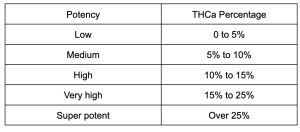
How to Calculate THC Percentage in Hemp Flower?
To calculate the amount of delta 9 THC you will consume after heating THCa, use this formula:
Total THC% = (delta 9 THC%) + (THCa% x 0.877)
If the product contains 0.3% delta 9 THC and 20% THCa like our Indica THCa Flower Pre-roll, here’s the total THC that you receive with this pre-roll after decarboxylation:
0.3% + 20% x 0.877 = 17.84% active and consumable THC
Because this pre-roll is 1 gram (1000 mg), that’ll be approximately 178 mg of THC that you could potentially get from this one joint.
But that doesn’t mean you’ll efficiently absorb all of the THC after decarboxylation because some will be lost due to inefficient absorption. According to research, the bioavailability from inhalation can be as low as 2% and as high as 56% [10].
If you are a seasoned user who has mastered their puff technique, you might absorb as much as 56% of the THC in this pre-roll.
For a 1-gram joint containing 17.84% total THC (THC and THCa) after heat, you’ll absorb approximately 100 mg of THC.
- To calculate the bioavailability of your joint, take 2% as the lowest point and 56% as the highest.
- Then, multiply with the total THC concentration after decarboxylation, and you’ll get this: 178 x 0.02 = 3.5 mg (lowest absorption); or 178 x 0.56 = 99.6 mg (highest absorption).
Is THCa Legal?
Yes, THCa is legal at the federal level.
Under the 2018 Farm Bill, hemp products with less than 0.3% delta 9 THC are not considered a Schedule I substance. So as long as the THCa product contains less than 0.3% THC, it’s considered legal hemp.
Because THCa is a non-intoxicating cannabinoid that’s missing from federal legislation, it’s technically considered legal. As an analog of THC, it can be considered a prohibited substance under the Federal Analogue Act by proxy.
THCa may be illegal at the state level in states that have outlawed THCa products. Some states calculate total THC for hemp products instead of only delta 9 THC, so THCa will also be illegal in these.
THCa vs. THCv — What’s the Difference?
The main difference between THCa and THCv is that THCv is very mildly intoxicating, while THCa is a non-psychoactive compound.
Studies show that THCv is about 25% as strong as delta 9 THC and contains a minimum number of carbon atoms in its side chain necessary to cause a psychoactive effect.
Is THCO More Potent than THCA?
Yes, THC-O is more potent than THCa.
In fact, THC-O is three times more potent than delta 9 THC. Because THCa is a non-intoxicating compound, it’s difficult to weigh its potency against a psychoactive cannabinoid like THC-O. This cannabinoid is a prodrug of delta 9 THC and is not a naturally occurring cannabinoid.
Is Delta 8 THC Stronger Than THCa?
Yes, delta 8 THC is more potent than THCa.
The main difference between the two is that delta 8 THC is an intoxicating cannabinoid, while THCa is a non-intoxicating cannabinoid.
Delta 8 THC is closer in potency to delta 9 THC. This cannabinoid is 50% to 70% of delta 9’s power, while THCa is non-psychoactive. Like THCa, delta 8 THC can be naturally found in the cannabis plant but in minuscule concentrations.


